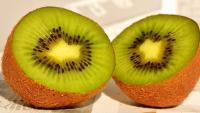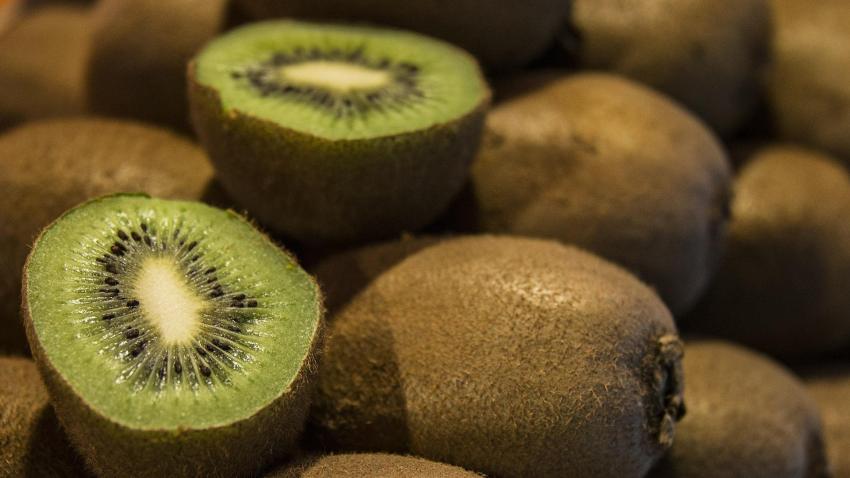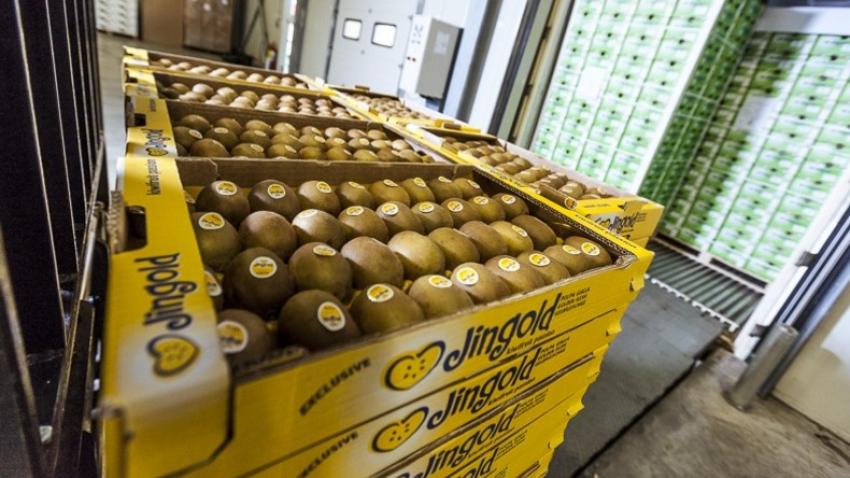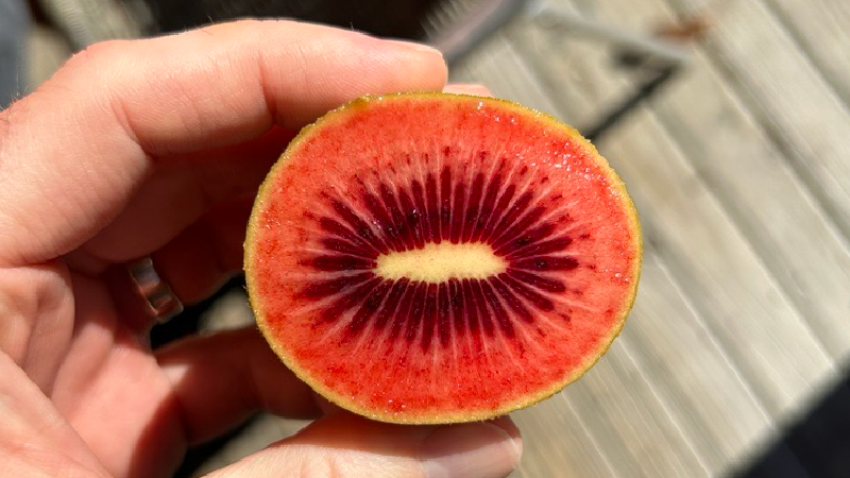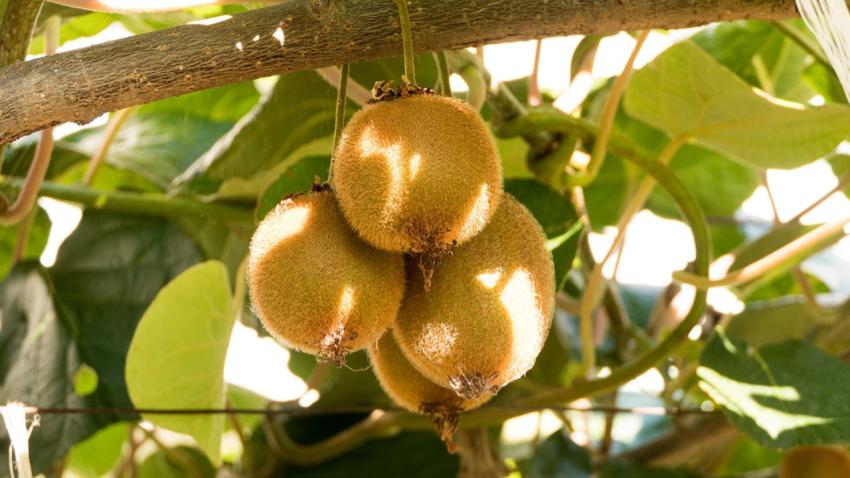You are here
Back to topVariety Rights for Sichuanese Kiwis Sold to Australian Company
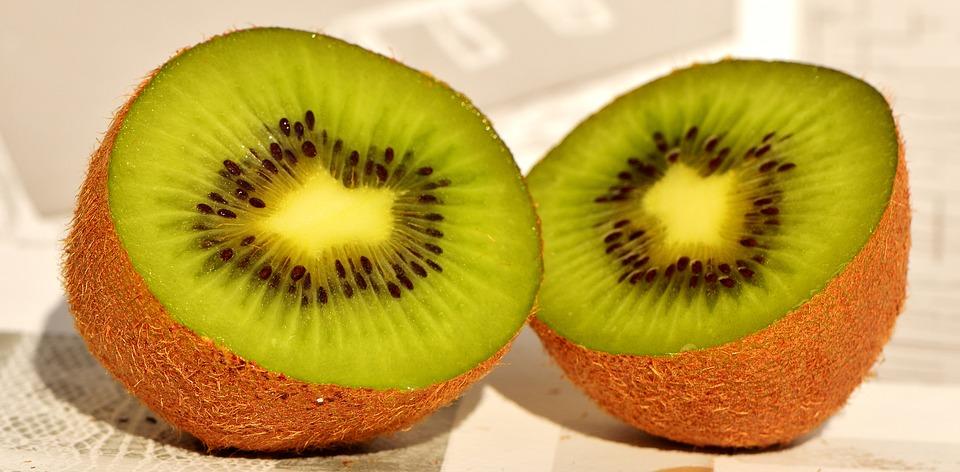
Sichuan Hua Sheng Agriculture Co. Ltd. recently sold the rights to its yellow-fleshed kiwifruit variety HFY01 to an Australian company for a period of 25 years. The product of over 20 years of joint research by Sichuan Hua Sheng Agriculture and the Sichuan Natural Resources Research Institute, HFY01 was developed in Sichuan Province via a controlled breeding and pollination program and possesses a yellow flesh and high vitamin C content. HFY01 was issued national plant variety right certificates in China in May 2016 and in Australia in 2018. Experimental planting of HFY01 has been conducted in the Melbourne area for three years, culminating in the Australian company buying the rights to the variety as it had proved so popular with Australian consumers during the trial period.
According to the recently signed agreement, the Australian company will pay an entrance fee of 2,000 Australian dollars per hectare to Hua Sheng Agriculture and an ongoing variety use fee of 3% of the annual sales revenue. It is expected to produce 9,000 tons of kiwifruit over 200 hectares with an estimated retail price of 100 Chinese yuan per 3.5 kg. The usage fee is expected to amount to more than 7.7 million yuan every year. This agreement also represents an important breakthrough in Sichuan’s agriculture sector in terms of the export of plant breeding rights.
The HFY01 variety possesses several advantages, such as a high resistance to kiwifruit ulcer disease, a large size and a remarkably high vitamin C content. In addition, it has a long shelf life of up to 40 days after fruit ripening.
It is relevant to note that the SunGold (G3) variety of yellow-fleshed kiwifruit, the rights to which are owned by New Zealand’s Zespri, accounts for more than 700 million yuan in royalties every year. At present, the market share of Chinese kiwifruit on the international market is relatively low, and Chinese kiwifruit exports have remained on the scale of thousands of tons despite kiwifruit being native to China. In 2015, China exported only approximately 2,000 tons of kiwifruit, less than one thousandth of the country’s total harvest. Developments in this sector have also been hindered by inadequate variety protection; for instance, although Red Sun kiwifruit was protected as a domestic new variety in 2005, a delay in obtaining new variety rights abroad led to it becoming widely planted around the world, thereby severely limiting its potential for export.
However, in recent years, China has paid increasing attention to the protection of variety rights. The previous Regulation on the Protection of New Varieties of Plants has been amended to cover the branches, leaves and fruits of plants that are capable of reproducing. According to these regulations, it is legal for farmers to grow small amounts of such crops on their own plots and consume them, but illegal for them to grow large amounts or sell them on the market. For large-scale planting, a licensing agreement must be signed with the owner of the new variety to permit it to be legally grown and sold.
Image: Pixabay
This article was translated from Chinese. Read the original article.



